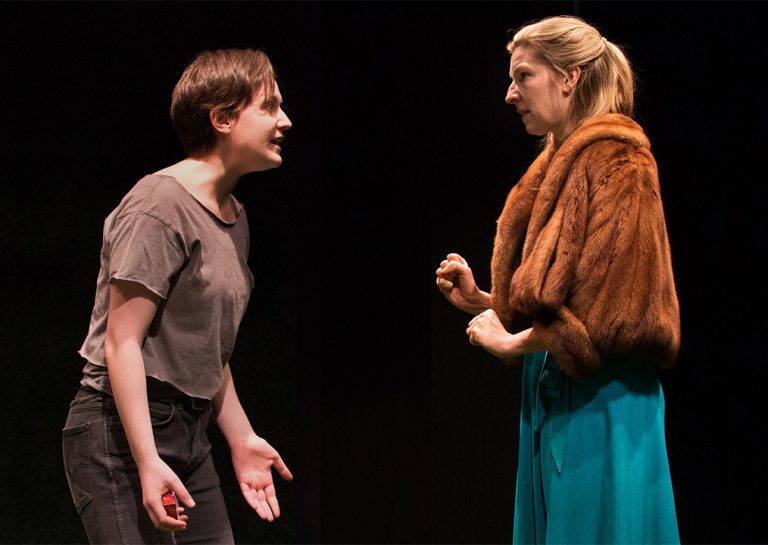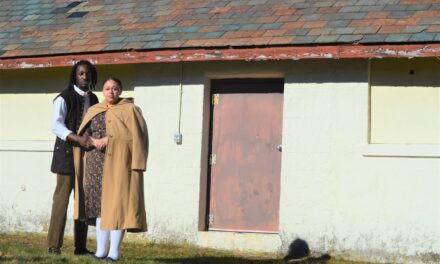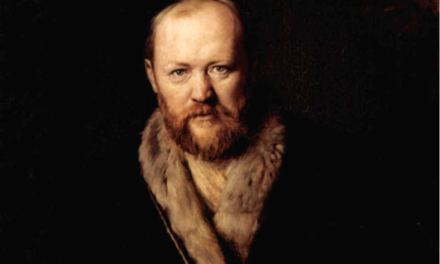Alt.theatre web editor Hayley Malouin interviews playwright Hannah Moscovitch about female representation in Canadian theatre, ‘vagina pieces,’ and her current works in production (Bunny, What A Young Wife Ought To Know, and Old Stock: A Refugee Love Story):
“Honestly, I have a branding issue,” Hannah Moscovitch tells me. With show programs and press releases full of juicily quotable lines like “a young woman discovers the power of her allure” and “a young working-class wife who has a lot to learn about love, sex, and birth control,” it’s easy to forget that Moscovitch’s work breaks with traditional characterizations of women far more than it establishes them. “I tend to like pieces that allow me to expose characters in extreme events and that reveal psychology–or [characters] that transition psychologically as a result of exposure to extreme events,” she says over the phone from a café in Brooklyn. “That happens to cross a bunch of boundaries.”
While Moscovitch is in New York–where Old Stock: A Refugee Love Story, which she co-created with Christian Barry and Ben Caplan, is in previews at 59E59 Theaters–Toronto is currently having a distinct (and distinctly feminist) Moscovitch-ian moment. Tarragon Theatre is halfway through its run of the highly acclaimed Bunny, originally commissioned by the Stratford Festival for its 2016 season, and Crow’s Theatre’s upcoming production of What A Young Wife Ought To Know, originally produced in 2015 by Neptune Theatre and 2b theatre company in Halifax, opens later this month. Toronto’s theatre scene is abuzz with excited and profuse praise for her uncompromisingly and complexly feminist work–and rightly so.
Moscovitch says her female-led works haven’t always been so well regarded, however.
“When I first wrote What A Young Wife Ought To Know we did get a lot of questions about its relevance,” she says. “It’s such a ‘vagina piece.’ I always feel concerned when I have a female lead about it being programmed, if only because there’s a certain amount of unconscious bias on the part of male artistic directors and male critics–which is almost all the artistic directors and all the critics [in Toronto].”
Make no mistake: Moscovitch is thrilled that Bunny and Young Wife, both written ahead of what she calls a recent “powerful wave of feminism,” are making appearances on the Toronto theatre scene in the current moment. To be sure, both plays offer valuable and multifaceted insight into sexuality, sexual relationships, and female experiences–topics particularly germane in the wake of the recent leadership shakedown in the Distillery District. At the risk of reasserting or overstating the influence of certain Toronto theatre empire-builders, one wonders how to even broach the topic of systemic bias without mentioning them.
Moscovitch is no stranger to these biases. Current moment aside, in which both Bunny and Young Wife occupy Toronto stages, she reveals that her plays with male leads have been programmed far more than her female-led pieces.
“Maybe that’s because the plays are stronger, or maybe that’s because people are sexist. I can tell you what my guess is.”
Moscovitch’s guess may be more on the nose than not. A 2015 study on achieving equity in Canadian theatre shows that, while women form 50% of the Playwright’s Guild of Canada’s membership, they constitute less than one-fourth of plays produced across the country, with women of color making up an even smaller fraction. Distressingly, these rates of representation are regressing over time, not improving as previous studies of a similar caliber have shown. This, as Moscovitch says, is “one of the ways in which unconscious bias works.” In a male-majority landscape, the work of female playwrights like Moscovitch is seen as risky to program–this despite the fact that women outnumber men as audience members (and ticket-buyers).
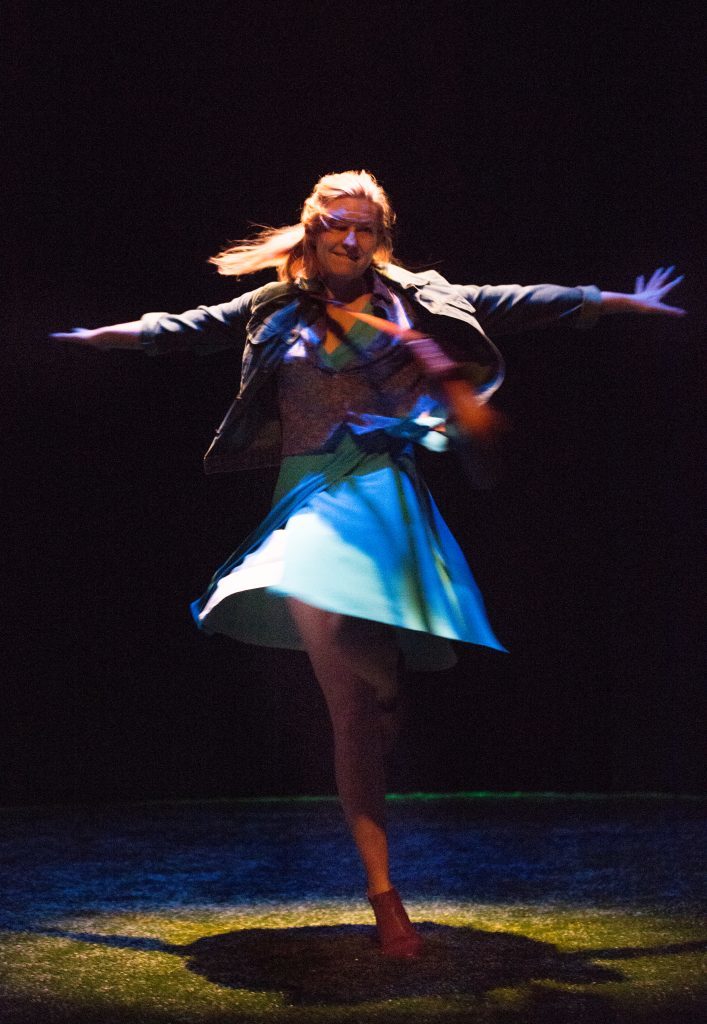
Maev Beaty (Sorrel) in Bunny. Photo by Cylla von Tiedemann.
So, why the sudden uptick in productions of Moscovitch’s work?
“I think it just happens to be fashionable right now. I’d say ‘vagina piece’ three years ago was pejorative, and now it’s crossed over into being mainstream.”
Yet, marketing tactics have not quite caught up. The marketing of Bunny and Young Wife’s female protagonists gives Moscovitch pause. Bunny’s protagonist Sorrel–who, in a fractured moment of clandestine indecision, recounts her sexual history in a third-person narrative from the tip of a canoe–possesses layers of emotional intelligence and depth colored rather flatly by certain promotional language.
“Not that this is wrong, but lines like “She discovers the power of her own allure” come out and I’m like, that’s not quite right. Actually, no, she doesn’t discover the power of it; she discovers how much she likes sex – which is different than the power of your allure. That makes you the object.”
While Moscovitch accepts this as part of the overall landscape of marketing theatre (“Sometimes marketers are savvy, as opposed to cynical, hoping to get people in the door knowing that once they’re in they’ll probably love it”) her point, that we need to be conscious of how plays that foreground women’s experiences are described, still stands. This observation feels of particular importance in relation to Bunny, which–because protagonist Sorrel confides so regularly in the audience through direct address (a recurring motif for Moscovitch)–is all-encompassing in its description and detailing of female experiences and desires.
Moscovitch’s choice to have Sorrel speak directly to her audience is apt. Through her cagey yet forthcoming confessions, Sorrel navigates both her own desire and the profound shame she internalizes. Her use of third-person keeps her audience at arm’s length, even as she divulges sexual encounter after sexual encounter. The resulting tension and fear–experienced by a person slung between gulfs of intense desire and intense self-loathing–is at the heart of Bunny.
“You can always attack a woman with her sexuality. You can shame women using their sexuality,” Moscovitch says. She continues: “It’s so part of our culture, it’s so in us, to shame women.”
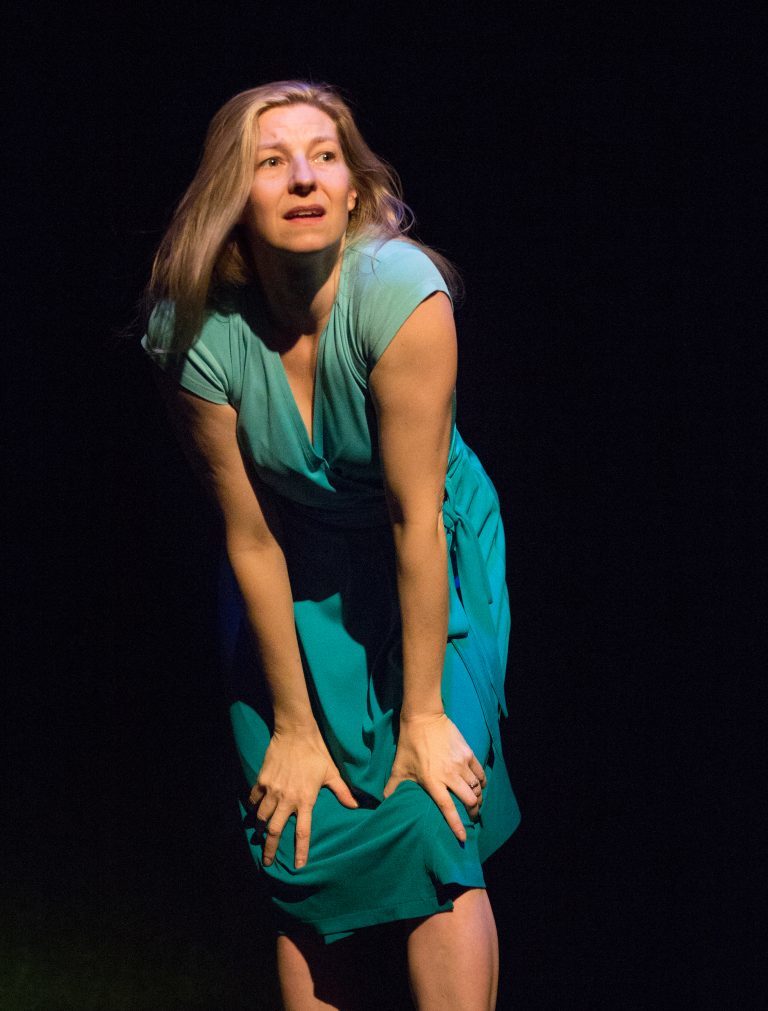
Maev Beaty (Sorrel) in Bunny. Photo by Cylla von Tiedemann.
It’s in our literature too; both Moscovitch and the character of Sorrel are fans of Victorian novels, particularly those of Jane Austen, George Eliot, and the Brontë sisters. The script for Bunny even begins with a quote from Eliot’s The Mill On The Floss: “See how the tide is carrying us out–away from all those unnatural bonds that we have been trying to make faster around us–and trying in vain.” The passage is from a scene towards the end of the novel, where protagonist Maggie rows out into the river with her forbidden admirer Stephen Guest. It’s a fitting quote to set up the story of Bunny, which begins and ends with a boat scene very similar to the one in The Mill On The Floss, and which Moscovitch admits to taking right out of Eliot’s novel. Like Maggie, who is desperately trying to deny her love for Stephen, Sorrel is trying to suppress her own desires. Also like Maggie, Sorrel is operating to a great degree from a place of fear: fear of her desires, of her surroundings, and of shame.
“Those sort of novels are run on that,” says Moscovitch. “Their motor is: Will this woman be a disgrace and shamed, or will she pick the right man? The sum totality of her value will be determined by the choices she makes in her sex life. That’s a literary tradition and Victorian novels are a huge part of our inheritance.”
The glaring difference between Eliot’s Maggie and Moscovitch’s Sorrel is that, whereas Maggie ultimately drowns at the novel’s end, Sorrel lives, returning to the shore and–not to the arms of a sexual partner–but to the arms of a dear friend (whose name, as it happens, is also Maggie).
The importance of Bunny’s Maggie cannot be overstated. As Sorrel’s one female friend (indeed, her only friend), Maggie effectively saves Sorrel from her own self-loathing and the fear of her own desires. Maybe that’s not quite right: Maggie doesn’t save Sorrel; she enables Sorrel to save herself. Unlike the girls Sorrel knew in high school, who made her a pariah for engaging in sexual acts without the justifying guise of love or drunkenness, Maggie (already a fun-loving but emotionally intelligent single mother by the time she meets Sorrel in university) both demands and celebrates honesty in friendship. In return, she provides unwavering acceptance–an acceptance Sorrel herself takes years (and the duration of the play) to learn to receive. In the final, quiet moments of the play, almost-awkwardly peaceful after the preceding onslaught of visceral sexual encounters, Maggie says to Sorrel those life- and love-giving words: “There’s nothing wrong with you.”
“If you’re going be an iconoclast, if you’re going be a rebel, one of the places you can draw strength from is other women who are doing the same,” Moscovitch says. “That’s what women’s movements are. That’s what #MeToo is. If you’re going to do something brave, and hard, and new, you need help with that from other women. And that is what Bunny is about–at least for me.” #MeToo, Hannah.
________________________________________________________________________________
Bunny plays in the Tarragon Theatre Mainspace until April 1
What A Young Wife Ought To Know plays in the Crow’s Theatre Streetcar Crowsnest March 20 – April 7
Old Stock: A Refugee Love Story plays at 59E59 Theaters in New York City until April 22
This interview has been edited and condensed.
This article first appeared on alt.theatre on March 19, 2018, and has been reposted with permission.
This post was written by the author in their personal capacity.The opinions expressed in this article are the author’s own and do not reflect the view of The Theatre Times, their staff or collaborators.
This post was written by Hayley Malouin.
The views expressed here belong to the author and do not necessarily reflect our views and opinions.

